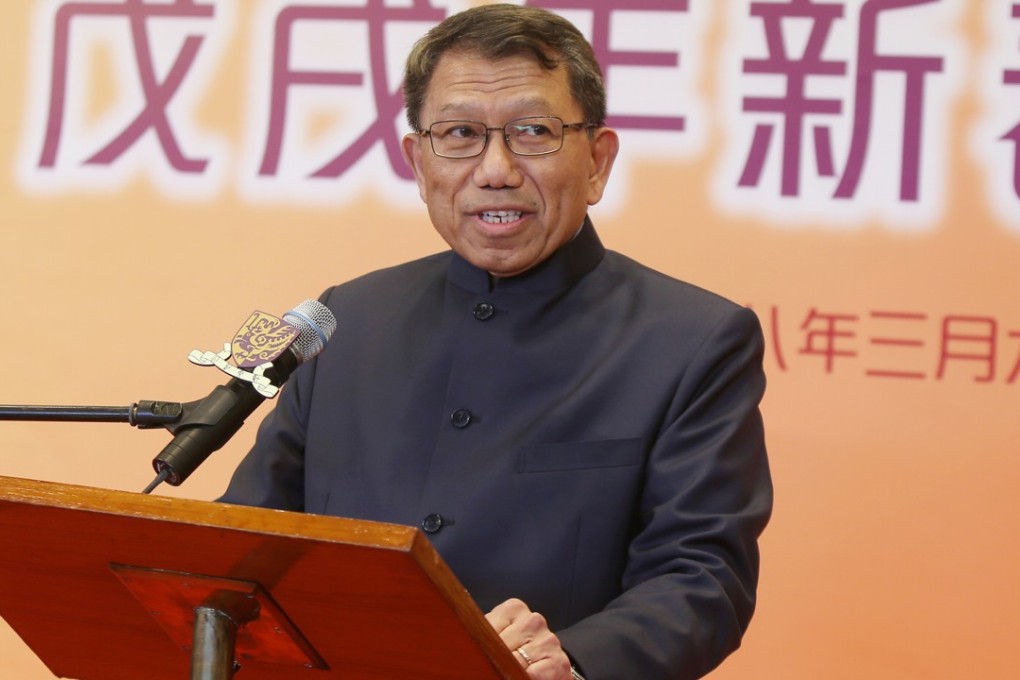New Chinese University of Hong Kong chief denies coming under any pressure from Beijing officials
Rocky Tuan Sung-chi says recent meeting with central government’s liaison office was part of efforts to communicate with all stakeholders in society

The new head of the Chinese University of Hong Kong on Tuesday insisted he had come under no pressure from central government officials following a recent meeting with Beijing’s liaison office.
Rocky Tuan Sung-chi said he had only had one encounter with the body that represents the Chinese government in Hong Kong since taking up the posts of vice chancellor and president at the start of the year.
“Under no circumstances has any pressure been applied to the university, in terms of policy, or education strategy, or similar things,” Tuan said. “So far, nothing.”
Tuan’s firm denial comes after former University of Hong Kong chief Peter Mathieson told the Post in January before leaving his position that on a few occasions the liaison office had given him advice.
Outgoing HKU chief says Beijing officials have met him ‘several times’ and wishes higher education ‘wasn’t so politicised’
That came amid a backdrop of growing fear in Hong Kong about government influence in academia.